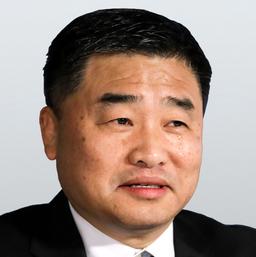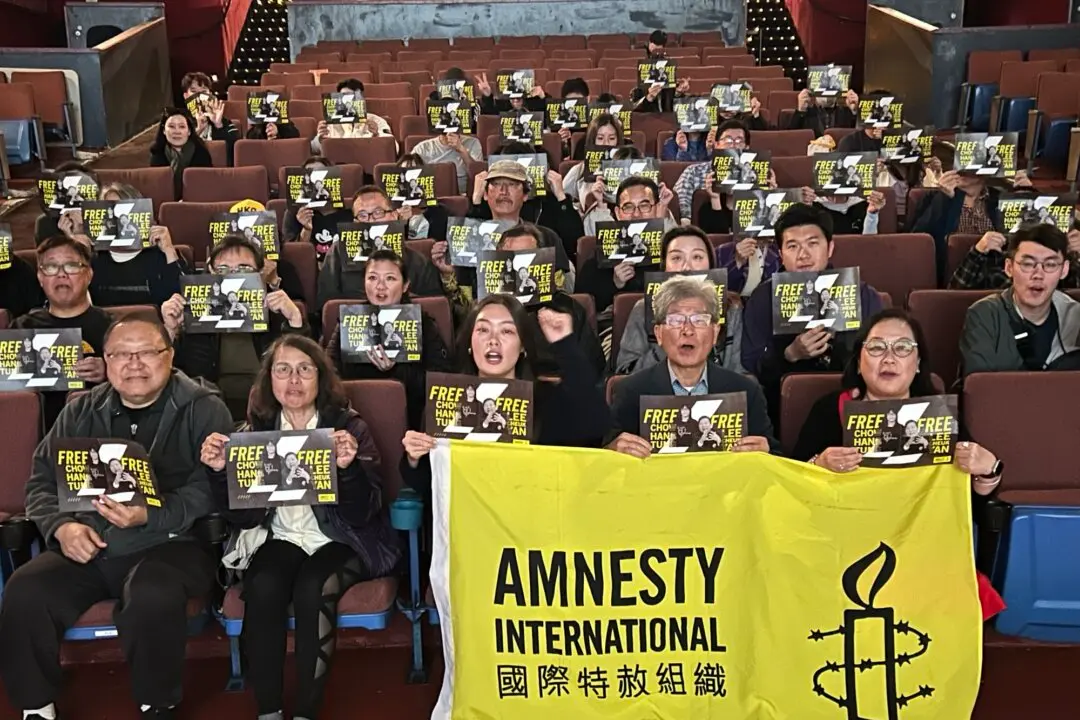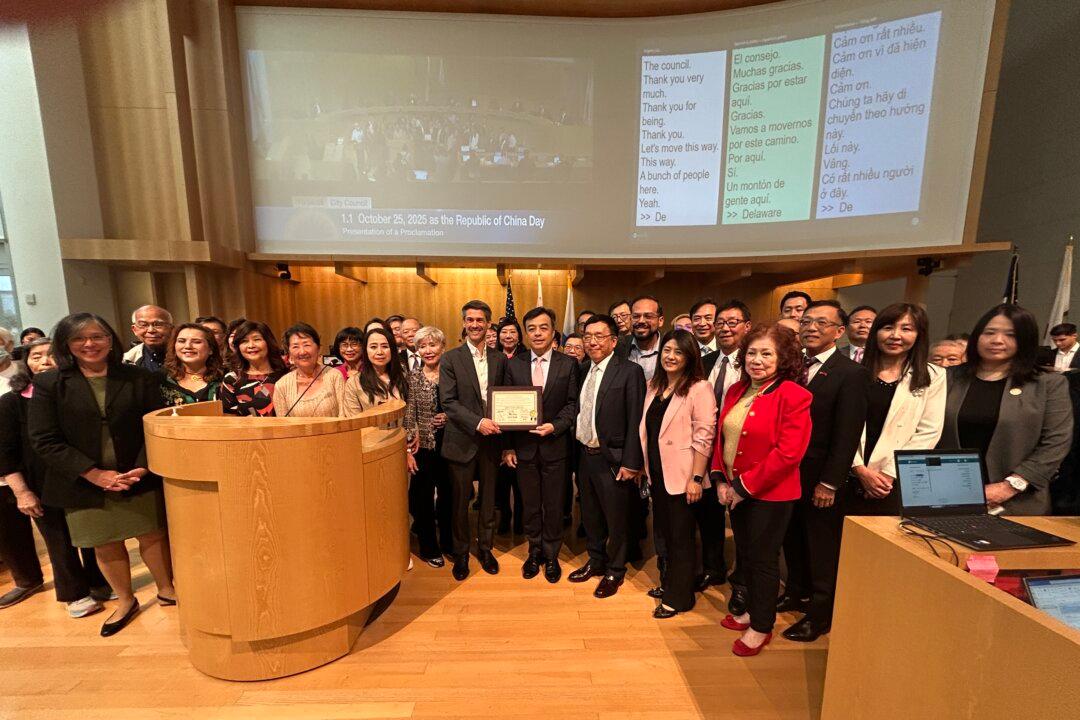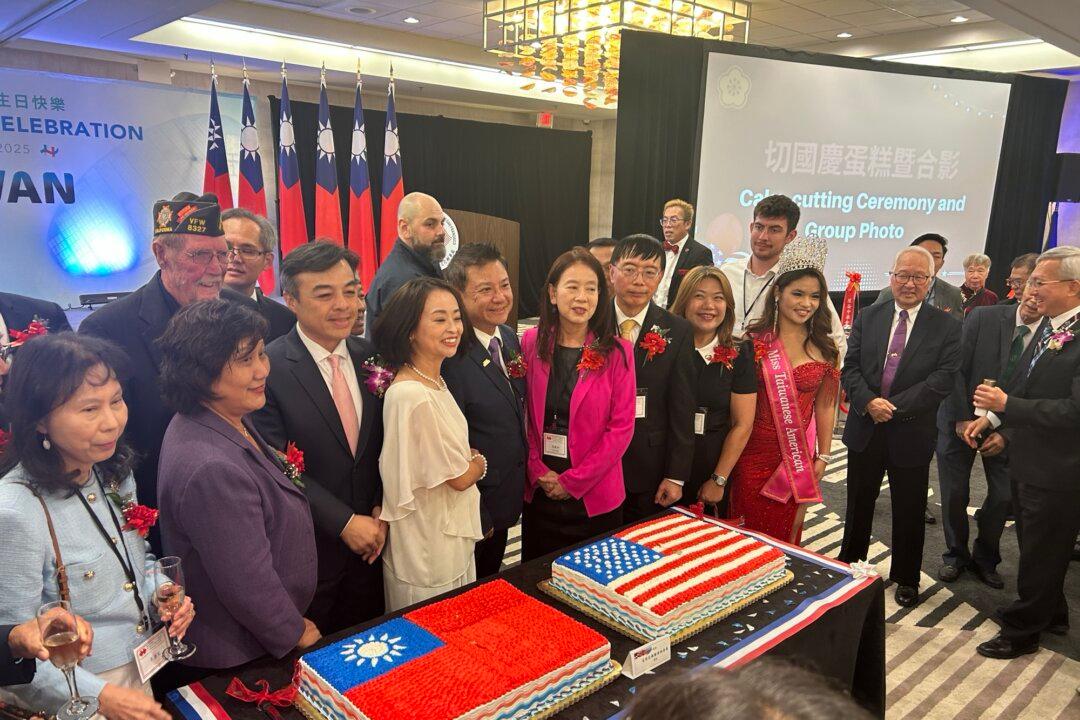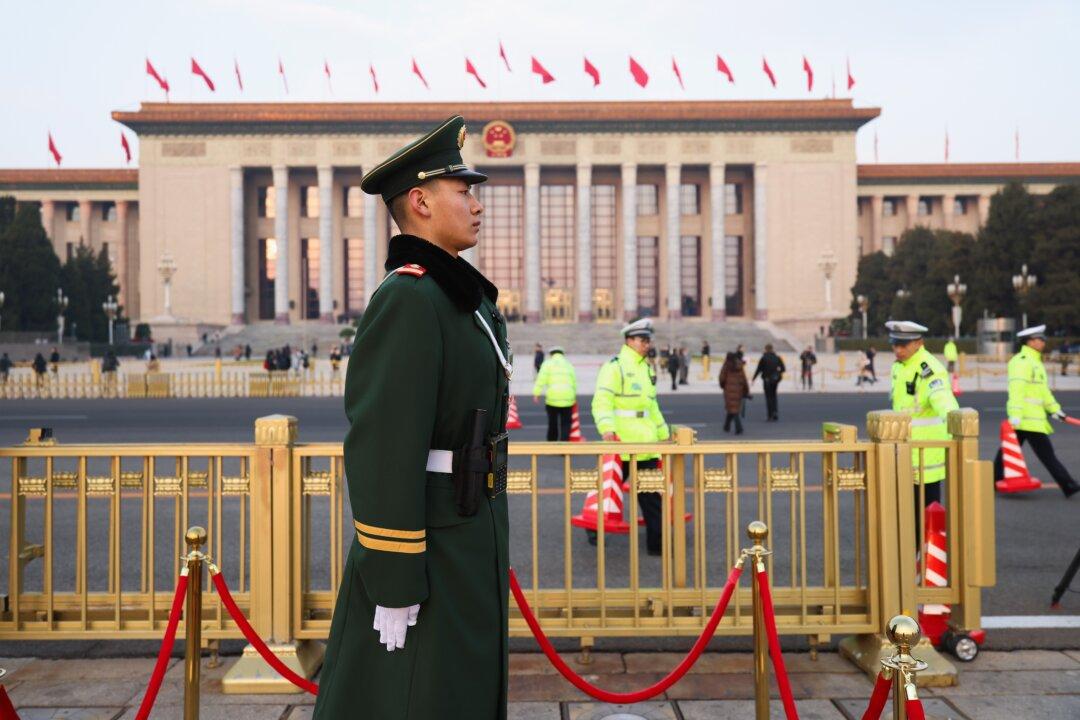News Analysis
In 2021, the Department of Justice (DOJ) demanded that the Chinese-language Sing Tao News Corp. register as a foreign agent. But the efforts from the U.S. government have done little to stop the media group from pushing the Chinese regime’s propaganda efforts in the United States.

